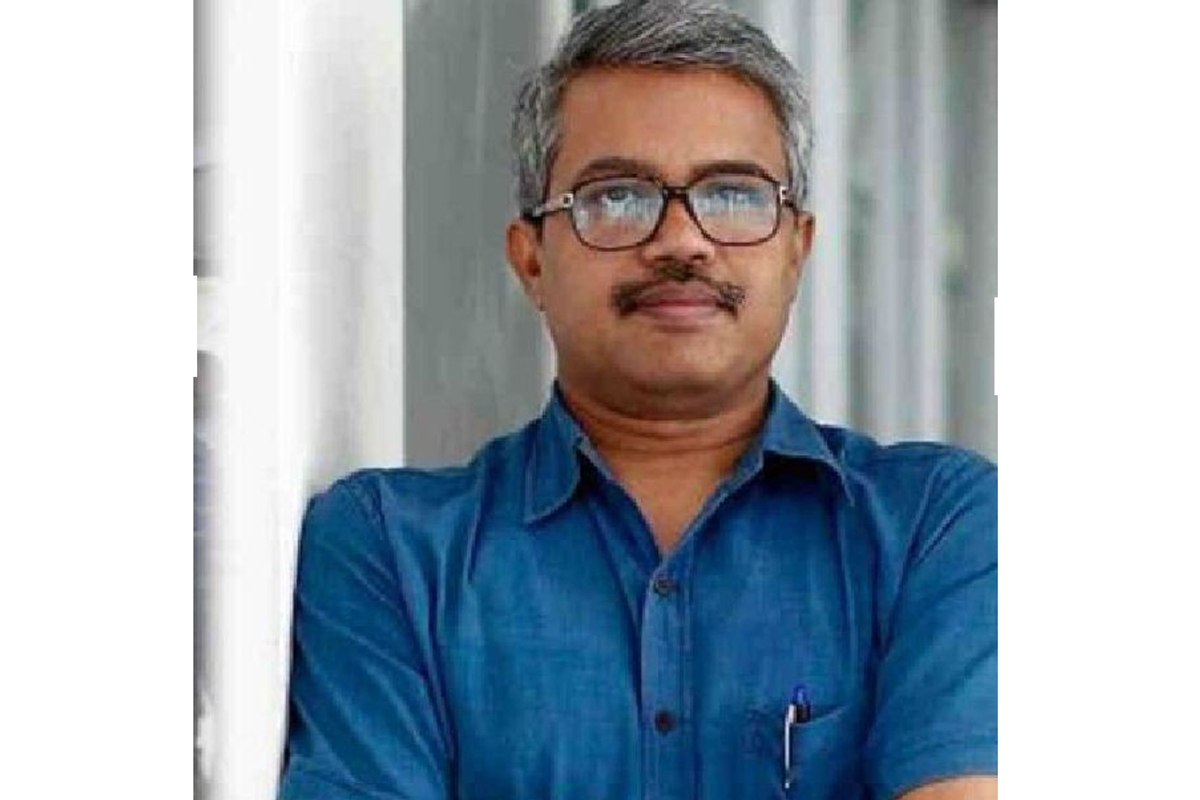PM calls for making meditation part of daily life
He remarked that meditation is a powerful way to bring peace and harmony to one’s life, as well as to society and the planet.

“By the fourth day, our focus shifted to our entire body, step by step, starting from the head and moving downward. However, on the fifth day, I left the camp,” writes Dilip Mandal.
Dilip had heard a mix of good and bad things about Vipassana for a while. Many people he knew, like friends and family, had gone to Vipassana camps for 10 days. They came back with different feelings. So, he decided to try it for himself. If everything had gone as he planned, this story wouldn’t be happening now because he would have stayed at the camp.
Advertisement
Dilip didn’t like the idea of blindly believing in something, and that’s because of how he was brought up. His dad, who used to teach at a school in Jharkhand, taught him to test things before accepting them. Later, he found out that this way of thinking was similar to what Ajivika saints, Charvaka philosophy, Buddha, and Kabir believed in.
Advertisement
That’s why, when he decided to go to a Vipassana camp, he wanted to finish it no matter what. A friend joked that since he had never tried meditation before, he might leave within seven days. The friend was right – he left the Vipassana camp on the fifth day!
Before he tried it, he thought Vipassana came from Buddhist practices and helped people look inside themselves to find answers about life. It was like following Buddha’s advice to “Be a light unto yourself.”
He admits he wasn’t really ready, as he hadn’t read books or watched videos about Vipassana. Dilip Mandal was totally new to this kind of meditation retreat.
In this story, he talks about his experience, without getting into big debates or saying something really important. A few things to know: the Vipassana camp didn’t charge anything for food, a place to stay, or anything else. Nobody could use phones, talk to others, write things down, or read while they were at the camp.
Advertisement